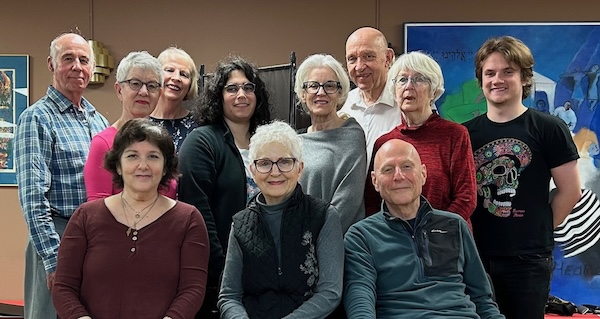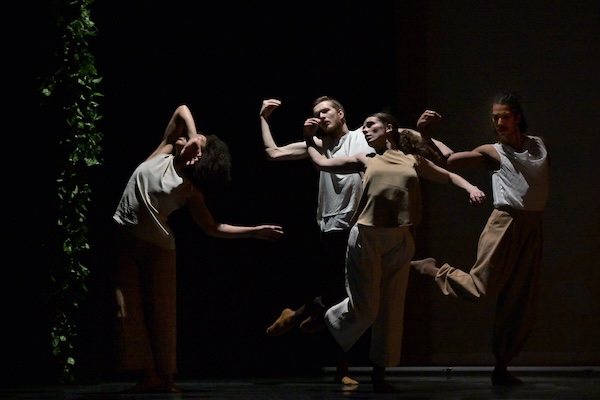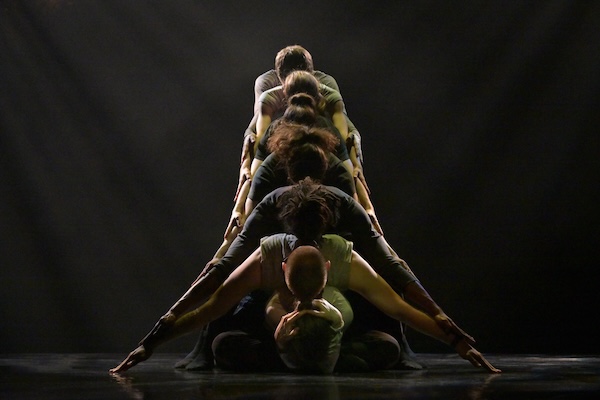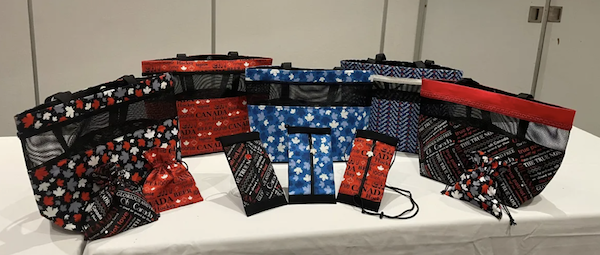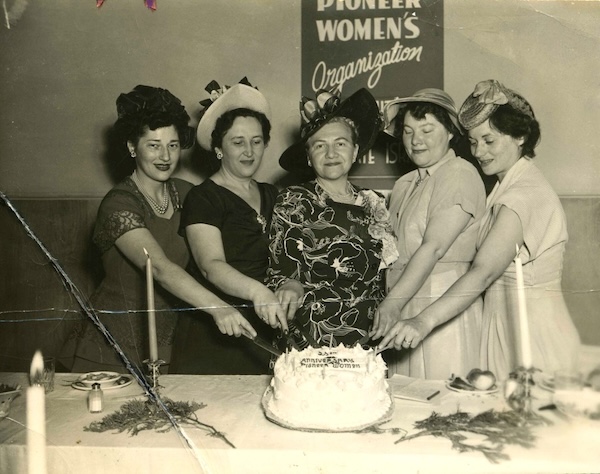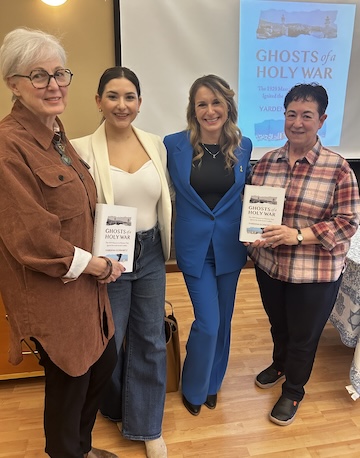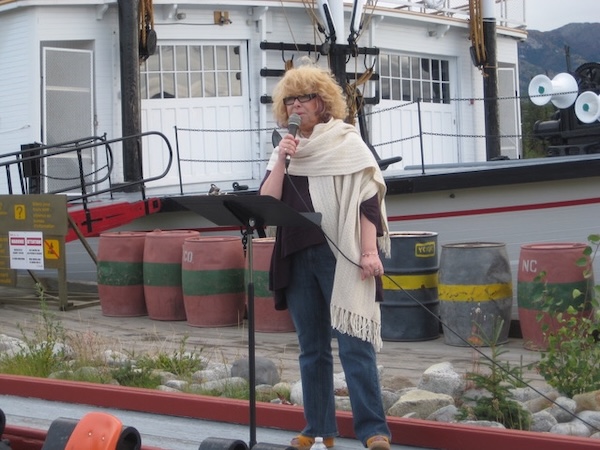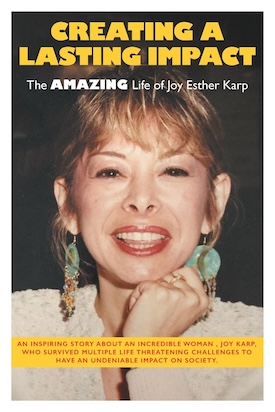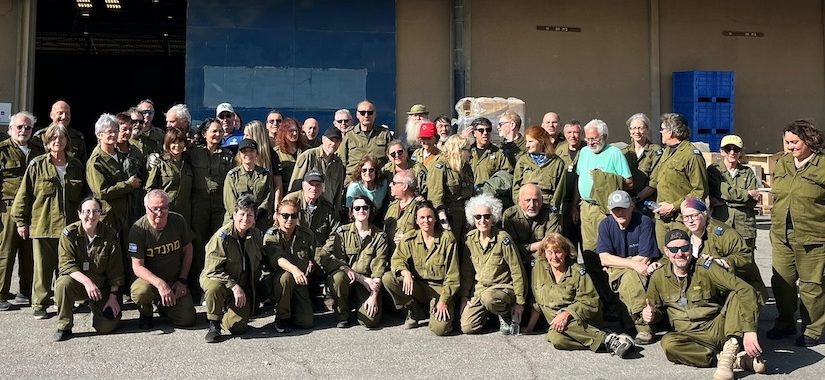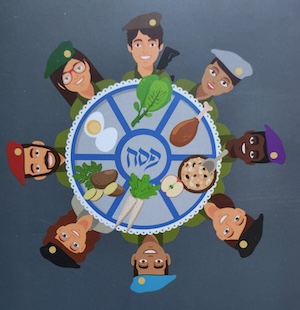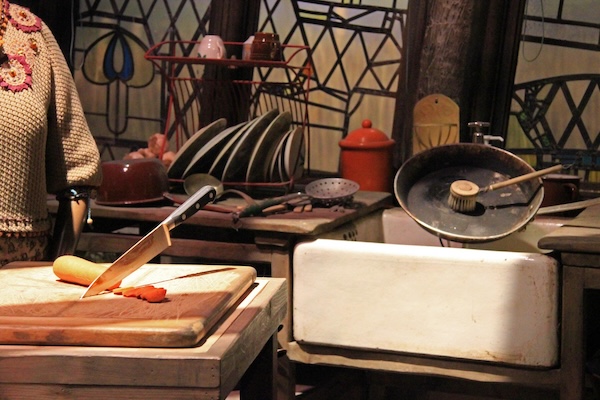The creative team of Bema Productions’ staging of Rite of Passage, with director Zelda Dean (centre). (photo from Bema Productions)
Victoria’s Bema Productions is staging Rite of Passage, a story of family, grief and coming of age by Los Angeles-based playwright Izzy Salant, at Congregation Emanu-El’s Black Box Theatre March 19-30.
The play centres on Harold, an autistic youth preparing for his bar mitzvah. His mother is suddenly absent and others are not sharing with him why she is not there. Harold’s father struggles with whether he should tell Harold the truth.
“The complex and incredibly human characters go through terribly hard times, yet handle it with grace and humour, even when things are in turmoil and the stakes are high,” Dean told the Independent.
At a young age, Jesse Wilson, who plays Harold, became involved in the local theatre scene that worked with the Victoria Society for Children with Autism. Noticing his passion for the arts, his mother encouraged and supported him in taking classes and performing.
Wilson appeared in Bema’s 2019 production of O My God, in which he played the autistic son of the lead character. He has also performed with a Victoria-based summer Shakespeare company.
“Because autism presents in such a diverse way, depending on the individual, I worked closely with Jesse, who is on the spectrum, to ensure that we portrayed the character in an honest way,” Dean said.
Salant, who will be in Victoria for opening night, said the play follows his family’s story. His mother died by suicide in 2007, and he had written extensively about the experience and his grief. But, he said, he had not explored his family’s grief as well.
“I sat down with my father and aunt for around six hours in the fall of 2016 and, later that same year, I wrote the first draft of the play in a playwriting class as a sophomore at the University of Massachusetts Amherst,” Salant, a journalist and social media manager at Jewish News Syndicate, told the Independent.
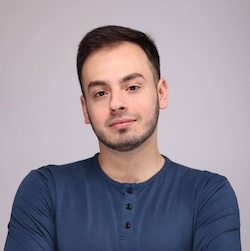
At the time, the play was called From the Point of View of a Journalist. Several drafts later, it became Rite of Passage. After numerous workshops and rewrites, the work remains focused on the central premise of how to move forward amid grief.
In 2020, at the start of the pandemic, Salant and his writing partner, Ryan Dunn, posted Peace Talks on New Play Exchange, a digital library. Written in 2019, the play explored the Arab-Israeli conflict and how it extended to college campuses.
Shortly afterward, Dean reached out to them asking about rights. Bema performed the piece on Zoom and, later, live at the Victoria Fringe Festival in 2022.
“My working relationship with Zelda has been amazing and she’s served not only as an amazing confidant and director, but mentor,” Salant said. “So, when I told her about Rite of Passage, she was overjoyed. She watched a live reading of it via Zoom back in 2022 and told me she wanted to do the play, and, three years later, after many rewrites and discussions, here we are.”
The first full reading of Rite of Passage took place at the University of Massachusetts in 2018, and Salant produced it the same year. During the pandemic, he met Noah Greenstein, an actor and theatre producer from Boston, and sent him the script. Punctuate4, a company for which Greenstein associate produced, liked the script and organized different readings throughout the United States.
Regarding the Victoria production, Salant said, “I’ve been incredibly involved from a writing standpoint. I’ve had almost weekly calls with Zelda about what’s working, what may need to be tweaked, rewritten, etc. The script has gone through around three draft changes from the time Zelda told me she was going to perform it this season to the show that you’ll see live.
“I’m incredibly grateful to Zelda for putting on this production, as I am to Punctuate4 for all their work, in part because numerous other theatres in my career have told me they loved the play but don’t know if they could realistically stage it, somewhat because Harold is autistic.”
Besides Rite of Passage and Peace Talks, Salant has written Balagan, The Scenic View and Unrequited. He also has penned several short plays and one-act plays, including 2082, which follows two best friends on a road trip to New Mexico in the aftermath of a breakup. It premiered in 2023.
Currently, Salant is putting together a piece titled Catatonic, which his friends have called “Zionist Angels in America.” It’s a two-part play about the post-Oct. 7 world and Salant’s experience covering it as a journalist.
Salant is a member of the Dramatists Guild and the Alliance of Jewish Theatre. He is a graduate of the Kennedy Centre Playwriting Intensive and an Abby Freeman Artist in Residence at the Braid, a nonprofit Jewish literary organization in Santa Monica, Calif.
“I consider myself a Jewish artist through and through. Judaism is a core of my identity and I never want to shy away from expressing it,” Salant said.
Tickets for Rite of Passage can be purchased through the Bema Productions website at bemaproductions.com.
Sam Margolis has written for the Globe and Mail, the National Post, UPI and MSNBC.

